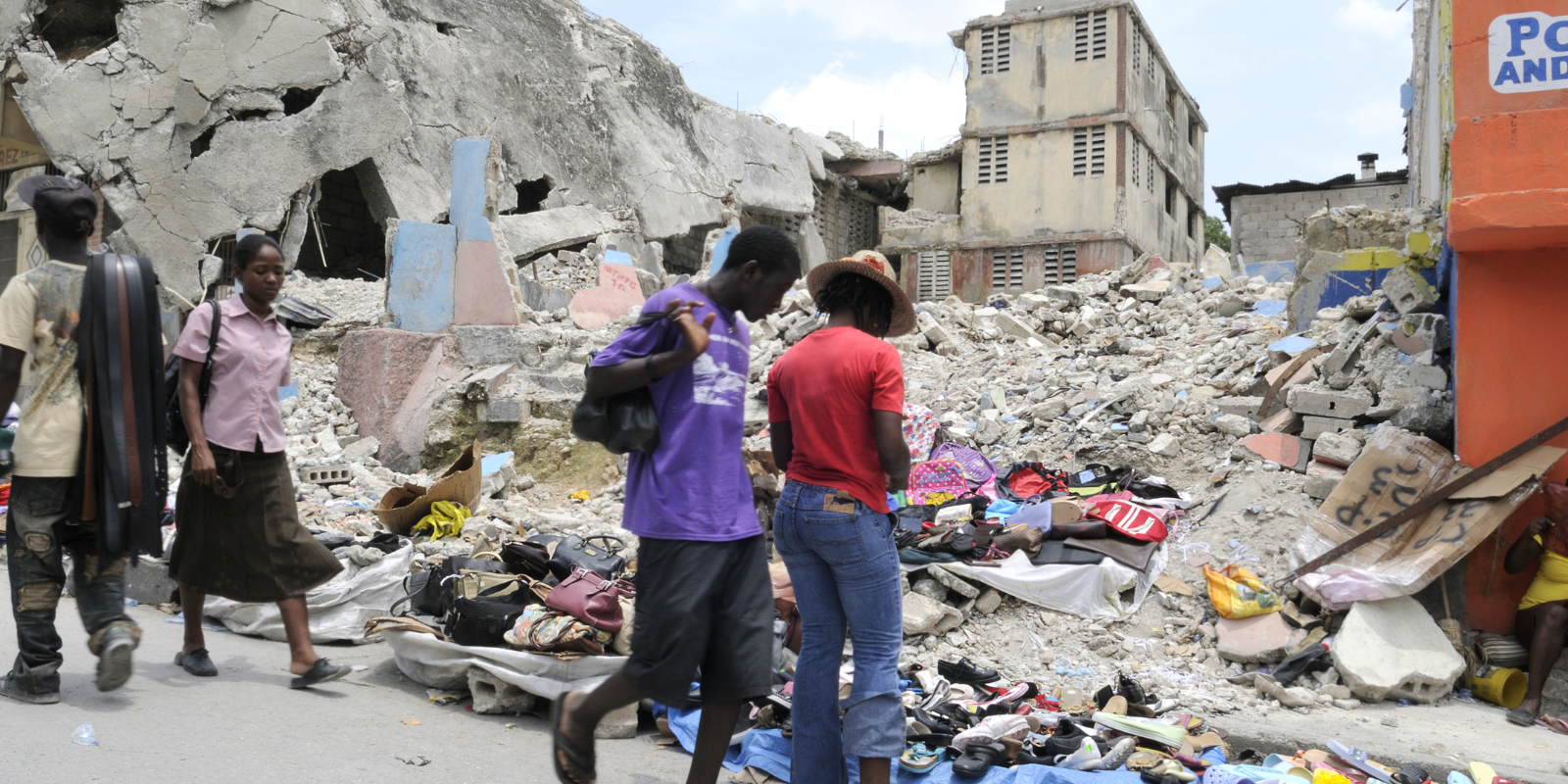News of a mysterious liver disease circulating in young children around the world – coupled with recent media reports of 13 cases under review in Colorado – has triggered alarm among some parents. While not surprising, especially on the heels of a pandemic that upended the lives of all ages, a general consensus among experts is that it’s not time to panic.
Pediatric Hepatitis: Signs and Symptoms
|
Following a wave of cases in Europe, doctors in the United States first noticed clusters of pediatric hepatitis (inflammation of the liver) in Alabama in October 2021. Since then, additional cases in a growing number of states and countries have been reported. While those cases now exceed 600 worldwide, experts emphasize that the data are retrospective, with some cases dating back to fall 2021.
“The whole team here at Children’s Hospital Colorado – including hepatology, infectious diseases and epidemiology – is taking this very seriously,” said Amy Feldman, MD, MSCS, medical director of the liver transplant program at the region’s top hospital for children.
“But I don’t think at this point there should be a high level of alarm for parents or for practitioners,” said Feldman, also an associate professor at the University of Colorado School of Medicine. “Every year, we see children who have hepatitis.”
Of the most recent Centers for Disease Control and Prevention (CDC) numbers, 180 potential hepatitis cases are being reviewed in the United States. Of those, 15 required liver transplants, and six died. A strain of a common virus, adenovirus, sits as a top suspect, but the cause remains unknown. Whether the cases represent a true increase or just a spike in reporting also remains unclear.
Doctors at the CU Anschutz Medical Campus are sharing liver center data with state and national governmental health organizations and expect to be involved in national and international consortiums to help unravel the mystery.
Below, Feldman shares more about what doctors know – and don’t know. The interview has been edited for clarity and brevity.





